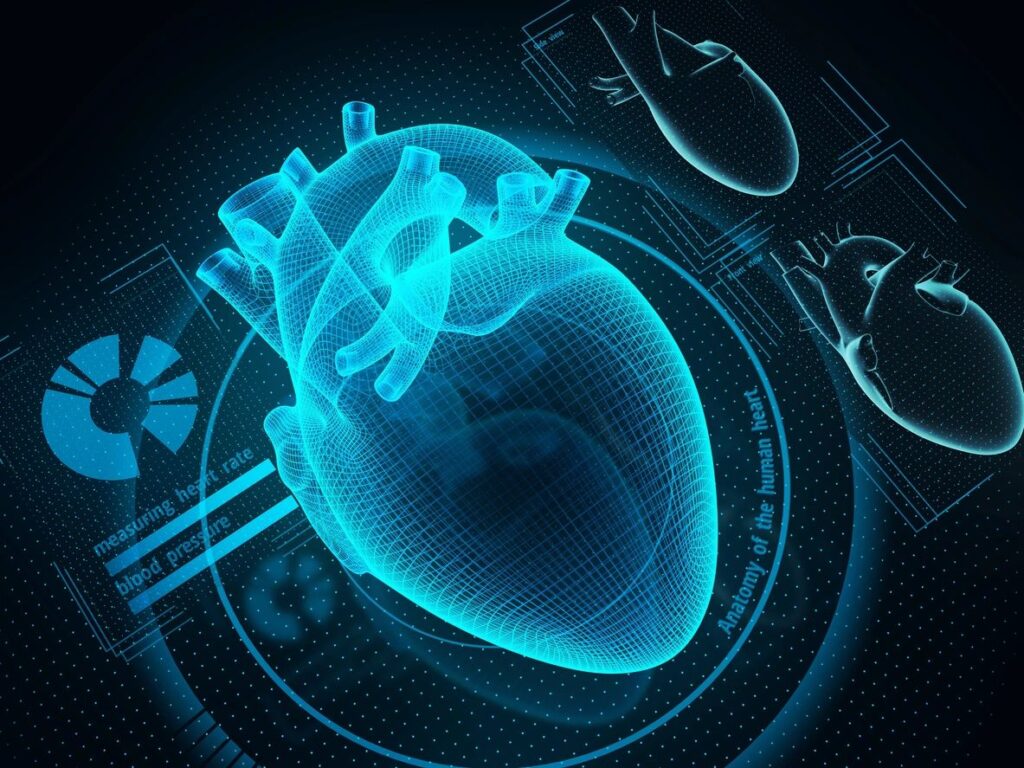Can Dehydration Cause Arrhythmia? (Irregular Heartbeat)

If you’re wondering if irregular heartbeat is common? Yes. If you’re wondering if it always means that you’re dying? The answer is no. Arrhythmia can be caused by something as simple as lack of water and electrolytes. When the body loses water, it can also lose important electrolytes like sodium, potassium and magnesium. These are key electrolytes involved in regulating the heart’s rhythm. Heart Arrhythmias can range from mild to life-threatening. If you are already experiencing poor cardiovascular health it may be even more important for you to maintain proper hydration.
Since we’re sports oriented, let’s start with our Athletes. We see you folks experiencing muscle cramps and arrhythmia as soon as the weather warms up. Why? You’re sweating more and burning through your electrolytes more quickly. Our marathon runners do a great job at prioritizing their electrolytes and water. Many of them know first hand what it feels like to push their body over the finish line once they’re dehydrated. I’ve been at many an event and watched people cramp up like a dead spider at the finish line.
Your muscle tissue needs electrolytes and water to send and receive messages about contraction and relaxation. The same goes for your heart. If you are noticing arrhythmia and you have increased your physical activity, the spring and summer months are rolling in, or you’ve just been neglecting your hydration? It’s time to prioritize water and electrolytes again.
For the average person, arrhythmia could just be an odd flutter in the chest that makes you check your breath for a second. It could be mistaken for anxiety, especially in us folks that have lived with anxiety or panic attacks. Just like folks with a less healthy heart should consider a lifestyle that prioritizes micro nutrients and water intake to counteract and improve some of their symptoms. If you are someone who finds yourself in the anxious community of overthinkers and do too muchers, you may want to consider hydration as a way to counteract and improve some of your symptoms.
Let’s dive into a brief overview of electrolytes and heart function. Sodium is responsible for generating the electrical impulses that stimulate the heart to contract, while potassium helps to depolarize the heart’s cells after each contraction. An imbalance of sodium or potassium can cause the heart to beat irregularly, leading to arrhythmias. Calcium is also important for muscle contraction in the body as whole. In the heart calcium helps stimulate the release of neurotransmitters that signal the heart muscle to contract. Lack of calcium can actually cause the heart muscle to become weak and unable to contract properly. This can be a factor that leads folks into heart failure.
If you found this post and you are experiencing dizziness, fainting, or irregular heartbeats it is important to talk to a trusted healthcare professional.
Learn more about us! Check out the links below!